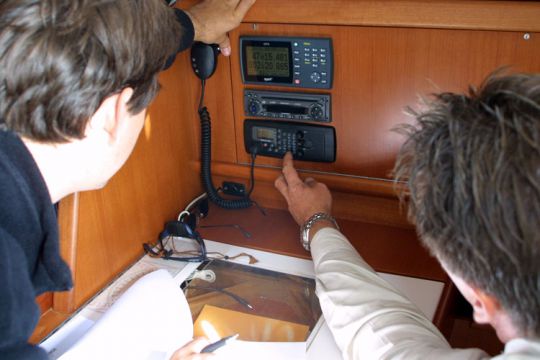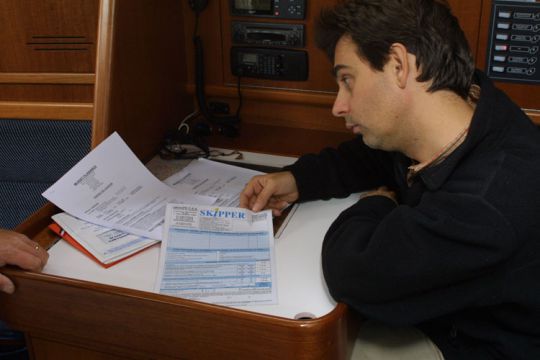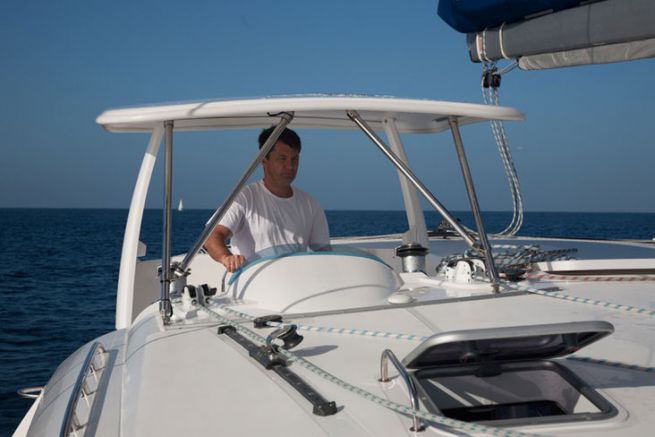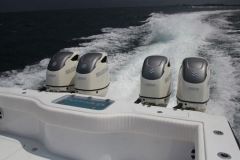As the summer season begins, those in charge of the contact platforms and their users are called upon to be extremely vigilant against the risks of drifts and illegal announcements. Maritime affairs will be mobilised to punish all unfair competition and hidden labour practices. Jérôme Heilikman, President of the Legisplaisance association informs boaters of the important points to remember for renting between private individuals and conavigation.
Renting between private individuals: 3 points to remember
- Can only be an activity carried out on a vessel for personal use between non-professional skippers
- Income received must be declared to the tax authorities (annual income of less than 39,228 euros in 2017:"micro BIC" scheme to be affixed to a supplementary income tax return. I am not subject to VAT and annual receipts exceeding EUR 39 228 in 2017:"real" scheme to be affixed to a professional declaration)
- In 2017, if annual income exceeds 7846 euros, the activity is of a professional nature and the yachtsman must register on the site of the one-stop shop for companies to get to know the administrations and pay his social contributions.

Example: Charles and Julie own a Dufour 36, earn between them 3,200 euros net/month and occasionally rent their boat for 160 ?/day. This activity gives them 1920 euros of annual income
Rental income is below the threshold of 7846 euros. They do not have to be declared to an occupational social security scheme. On the other hand, they are liable for social security contributions applicable to income from property at a rate of 15.5%, i.e. approximately 149 euros. Their additional income of 1920 euros is taxable. They can benefit from the'micro' scheme and its automatic 50 % reduction. The taxable base is therefore EUR 960. The couple's annual income being 38 400 euros, the additional activity of renting their boat generates 187 euros of additional income tax.

Co-browsing: 5 points to remember
- Can only be an activity which consists in the joint and organised use of a boat or a vessel for personal use, by a non-professional yachtsman and one or more third party passengers, for the purpose of making a joint journey and which provides individual benefits (saving fuel and maintenance expenses, making voyages more pleasant, developing social links) and collective benefits.
- The amount collected must cover only the costs incurred in connection with the service, namely fuel, food and mooring costs. Are excluded all costs not directly attributable to the service in question, in particular costs related to the acquisition, maintenance or personal use of the good(s), support(s) of the shared service;
- Shared costs should not include the proponent's share of the service. The latter personally bears its own share of costs and does not receive any form of remuneration, direct or indirect, for the service it provides and from which it benefits at the same time.
- When the realized income exceeds the amount of the cost sharing, it is taxable at the first euro.

Example: Marie co-navigates some weekends in the Arcachon basin. It shares the cost of the onboard cash register (50 euros per trip) and keeps a share of the petrol and food expenses incurred by this trip. Reimbursements resulting from the sharing of expenses do not constitute activity income and do not give rise to payments. Amounts collected are not taxable and do not have to be reported.






















